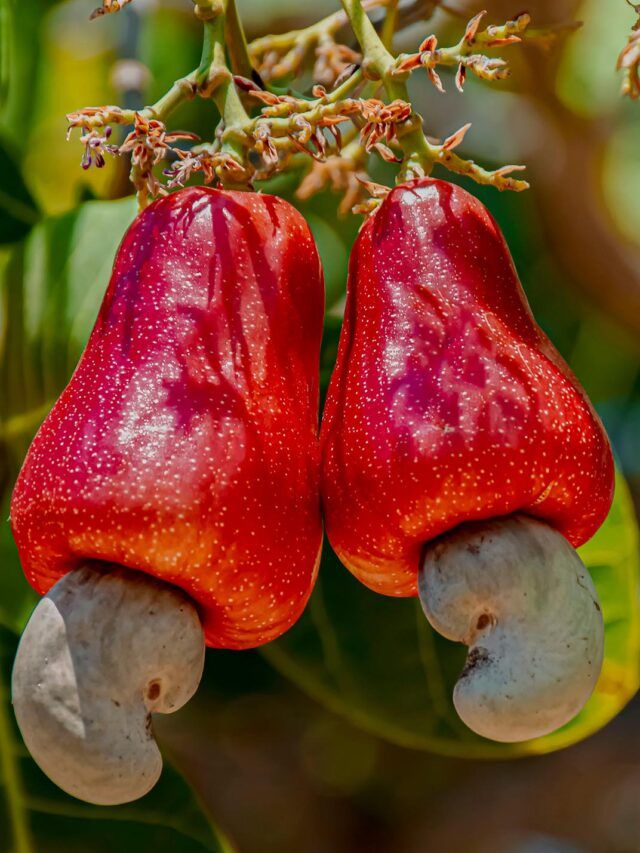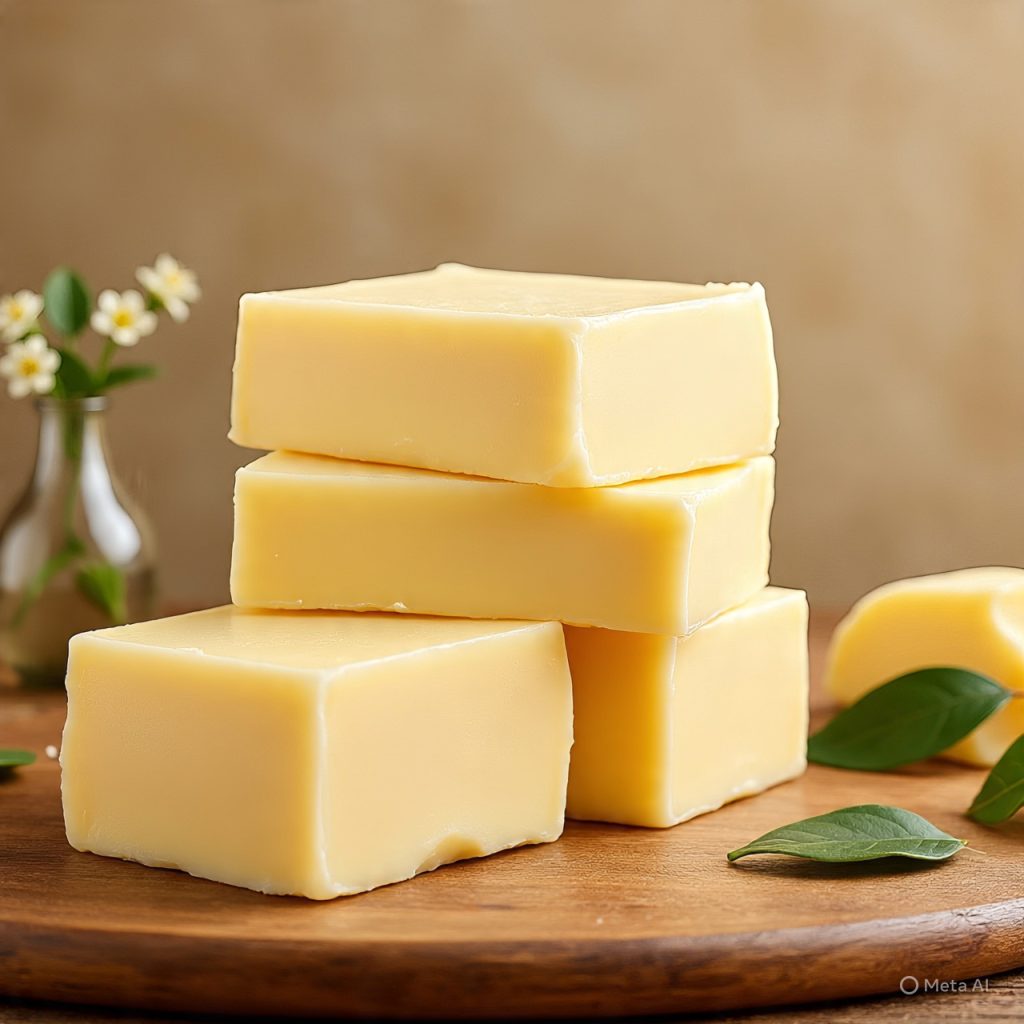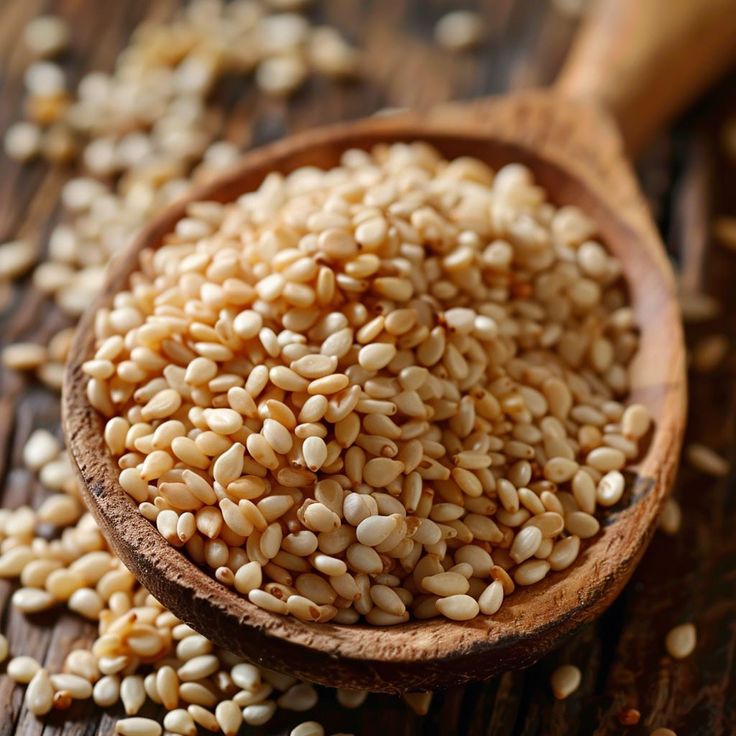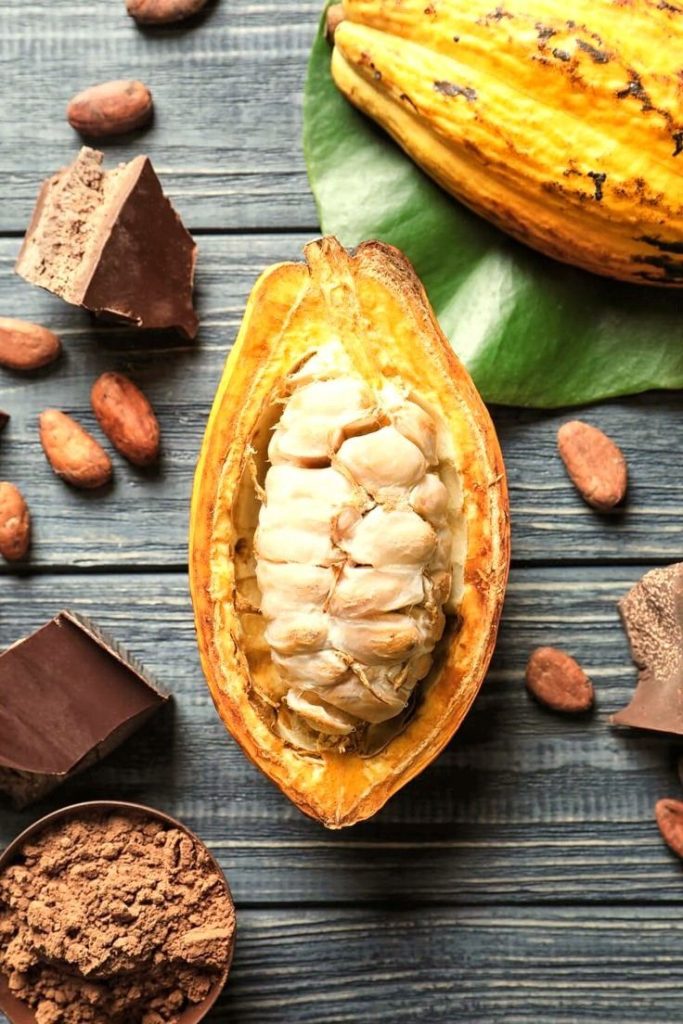Bamboo charcoal is a renewable, eco-friendly fuel and filtration material made by carbonizing mature bamboo at high temperatures. Known for its high porosity, excellent heat retention, and air purification properties, bamboo charcoal is valued in cooking, heating, industrial applications, and water/air purification industries worldwide.
Its combination of sustainability, versatility, and premium burning qualities has made it a sought-after commodity in both household and industrial markets.
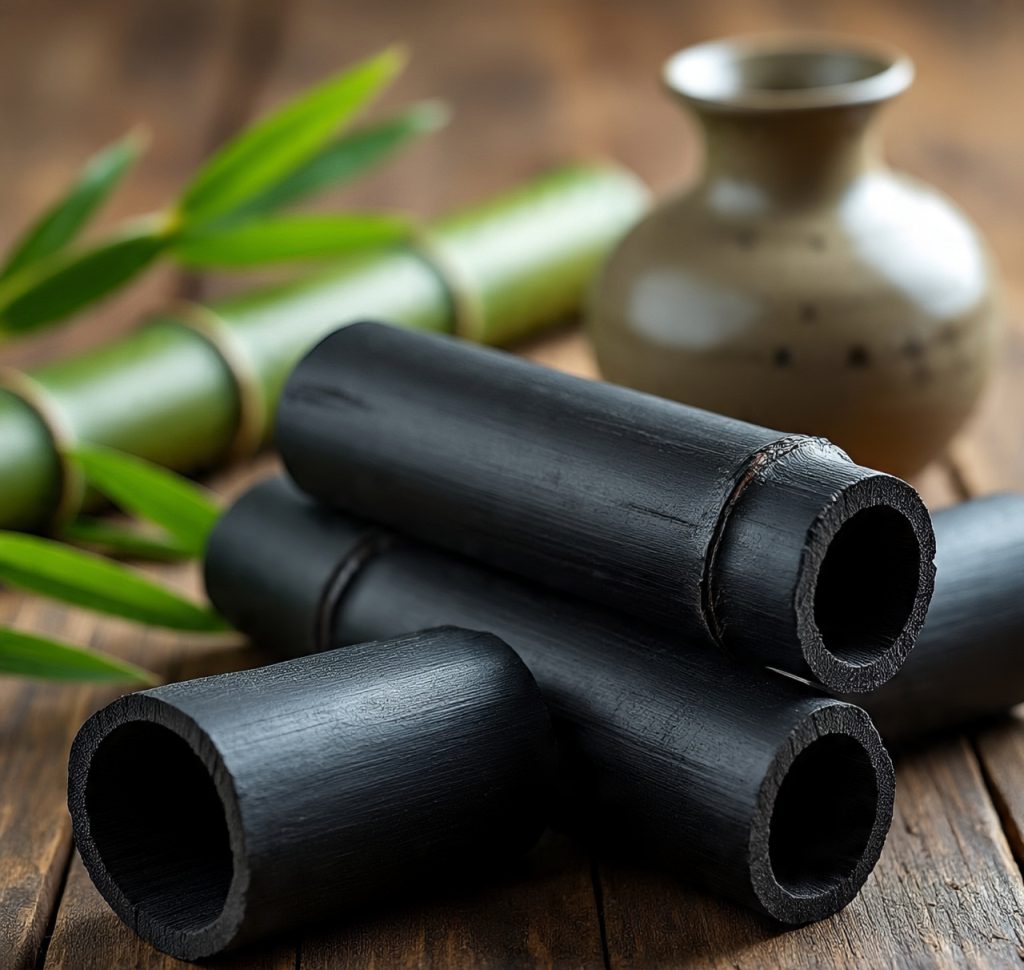
Why Bamboo Charcoal is in High Demand
-
Eco-Friendly & Sustainable – Bamboo grows quickly, making it a renewable resource.
-
High Heat Output – Burns hotter and longer than traditional wood charcoal.
-
Low Smoke & Odor – Ideal for BBQ, indoor cooking, and restaurants.
-
Natural Air & Water Purifier – Activated bamboo charcoal removes toxins, odors, and moisture.
-
Industrial Applications – Used in metallurgy, cosmetics, and health products.
Popular Export Forms
-
Lump Bamboo Charcoal – For BBQ, grilling, and heating.
-
Bamboo Charcoal Briquettes – Consistent shape and size for retail and hospitality sectors.
-
Activated Bamboo Charcoal – For filtration, cosmetics, and deodorizing products.
-
Powdered Bamboo Charcoal – For toothpaste, beauty products, and industrial use.
Major Importing Markets
-
Asia-Pacific – Japan, South Korea, China (culinary, purification, and beauty industries).
-
Middle East – UAE, Saudi Arabia, Qatar (BBQ and shisha markets).
-
Europe – Germany, UK, France, Netherlands (hospitality and industrial applications).
-
North America – USA, Canada (eco-conscious BBQ, health, and home markets).

Export Processing Steps
-
Harvesting Mature Bamboo – Typically aged 4–5 years for maximum density.
-
Drying – Removing excess moisture for better carbonization.
-
Carbonization – Heating bamboo in a kiln at 600–1000°C without oxygen.
-
Cooling & Grading – Sorting according to size, density, and intended use.
-
Packaging – In moisture-proof bags, cartons, or bulk containers.
Quality Standards & Export Requirements
-
Fixed Carbon Content – 80–90% for premium-grade bamboo charcoal.
-
Moisture Content – Below 5% for long storage life.
-
Porosity – High for filtration and odor-absorption uses.
-
Low Ash Content – For clean burning.
-
Packaging & Labeling – Must meet destination country’s import regulations.
Why Bamboo Charcoal Export is Profitable
-
Multiple Revenue Streams – Fuel, purification, and beauty industries.
-
Premium Market Pricing – Especially for activated bamboo charcoal.
-
Sustainability Appeal – Favored in eco-conscious global markets.
IMEN GREEN GLOBAL LIMITED Advantage
We export high-quality bamboo charcoal sourced from carefully selected bamboo farms and processed under strict quality control to ensure maximum heat, purity, and consistency.
We offer:
-
Lump, Briquette, Activated, and Powdered Bamboo Charcoal.
-
Custom Packaging & Branding for Retail or Wholesale.
-
Industrial-Grade Supply for Water/Air Purification and Cosmetics.
-
Worldwide Delivery with Reliable Logistics.

Conclusion:
Bamboo charcoal is a versatile, sustainable, and high-value export commodity with applications in energy, hospitality, health, and industrial sectors. Exporters who combine quality production, eco-certifications, and targeted market outreach can secure profitable, long-term partnerships in the global market.

